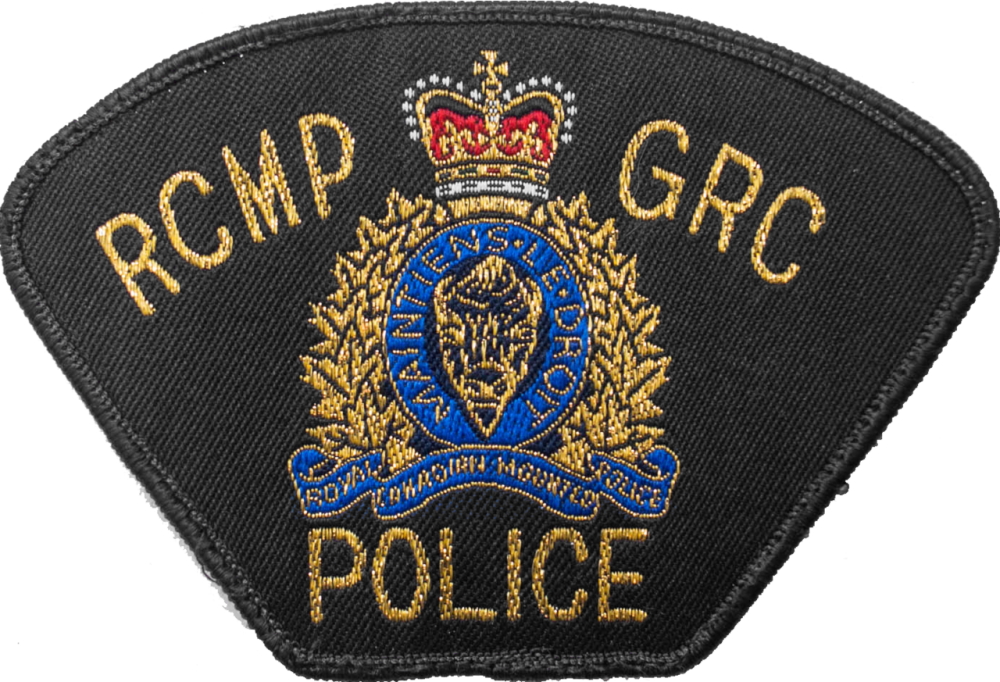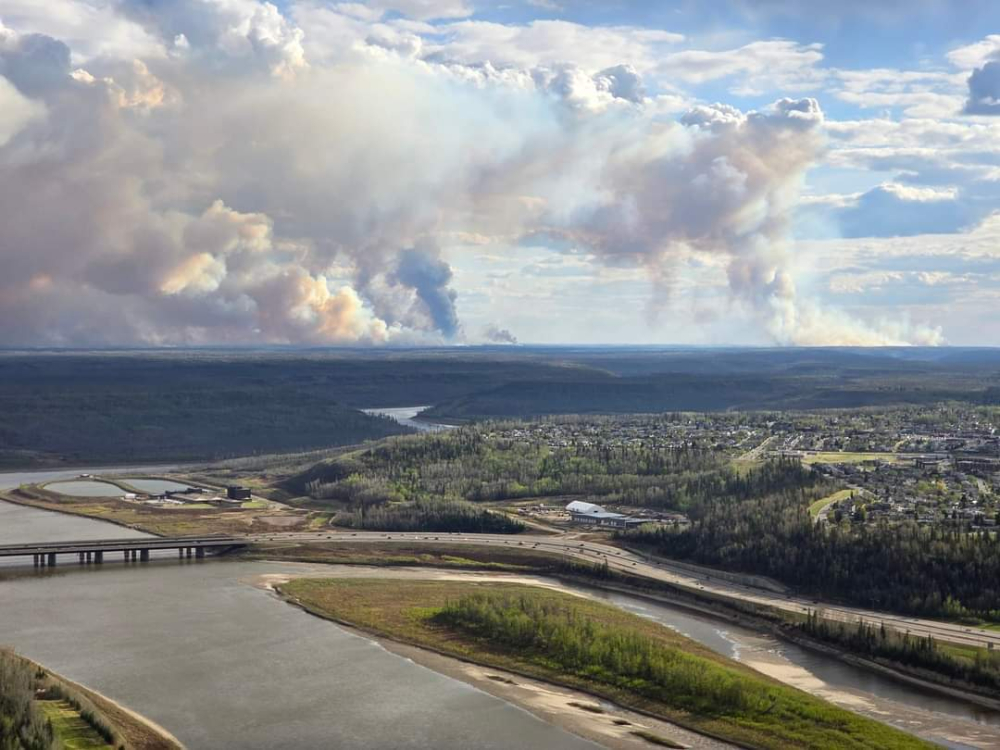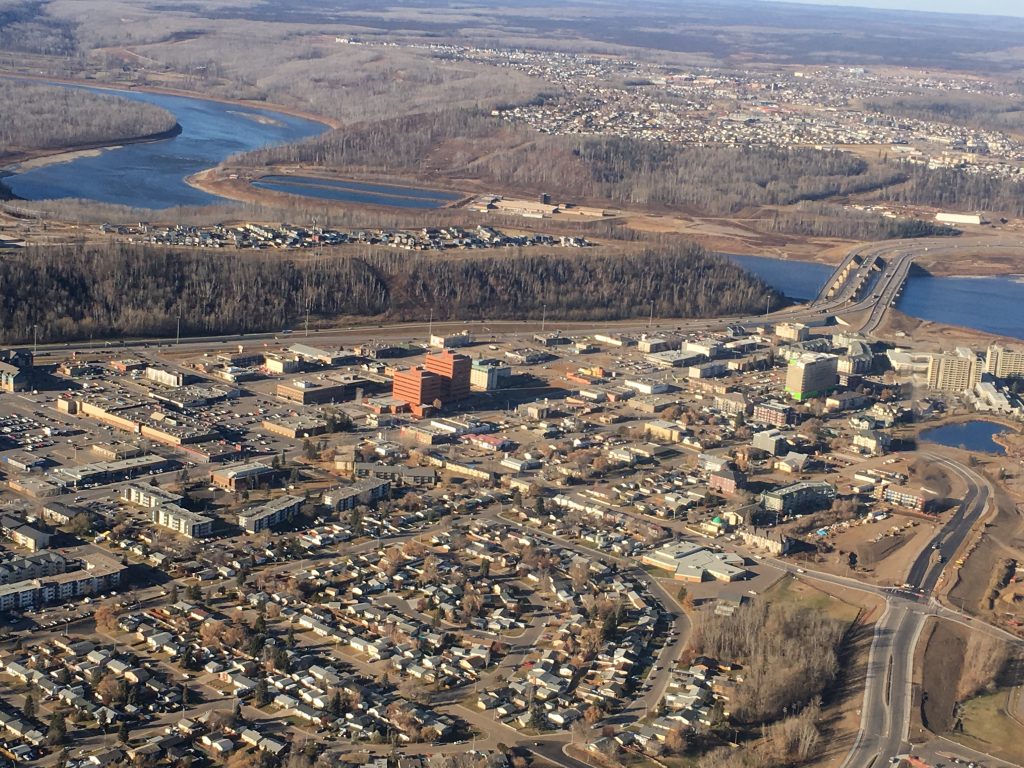For residents looking to escape the heat by heading to Gregoire Lake, caution is still needed due to blue-green algae.
Jack Pang, Medical Officer of Health for Alberta Health Services North Zone, says the water-quality advisory for Gregoire Lake remains in place until further notice. The advisory was first issued on June 6, 2024, after water samples showed elevated levels of blue-green algae, also called cyanobacteria.
Residents living near the shores of the lake, as well as visitors, are reminded to take precautions, including:
- Avoid all contact with cyanobacterial blooms. If contact occurs, wash with tap water as soon as possible.
- Do not swim or wade, and do not allow pets to swim or wade, in areas with visible cyanobacteria.
- Do not feed whole fish or fish trimmings from the lake to pets.
- Consider limiting human consumption of whole fish and fish trimmings from the lake, as fish may store toxins in their liver. (Fish fillets from the lake are safe to eat.)
- Do not use water contaminated with cyanobacteria to water edible plants, particularly those with parts exposed to the ground surface, such as cabbage, lettuce, tomatoes, and other salad vegetables.
Blue-green algae often become visible when weather conditions are calm, appearing like scum, grass clippings, fuzz, or globs on the water’s surface. Cyanobacteria can be blue-green, greenish-brown, brown, and/or pinkish-red and often smell musty or grassy.
AHS says people who come in contact with blue-green algae can experience a range of symptoms, including skin rashes, fevers, nausea, vomiting, diarrhea, and even serious health problems.
Anyone who suspects a problem related to cyanobacteria or requires further information is encouraged to call Health Link at 811.











